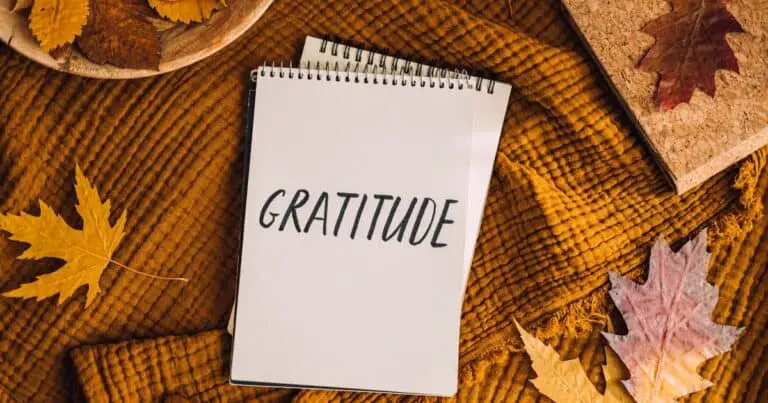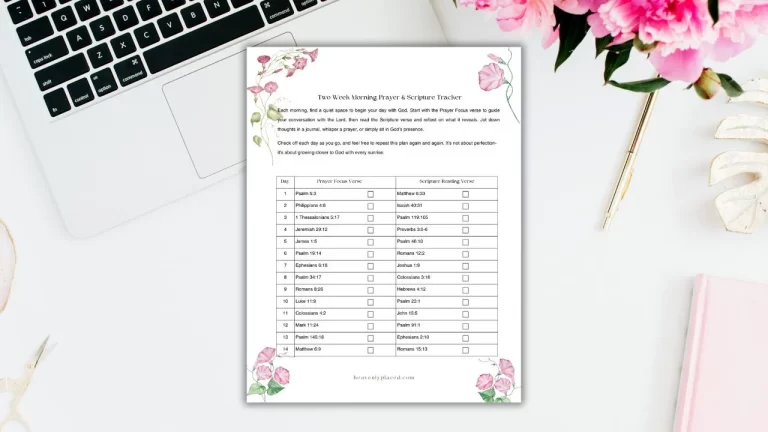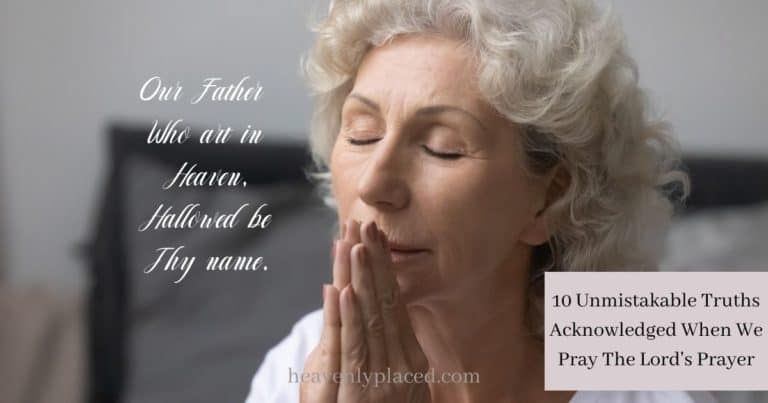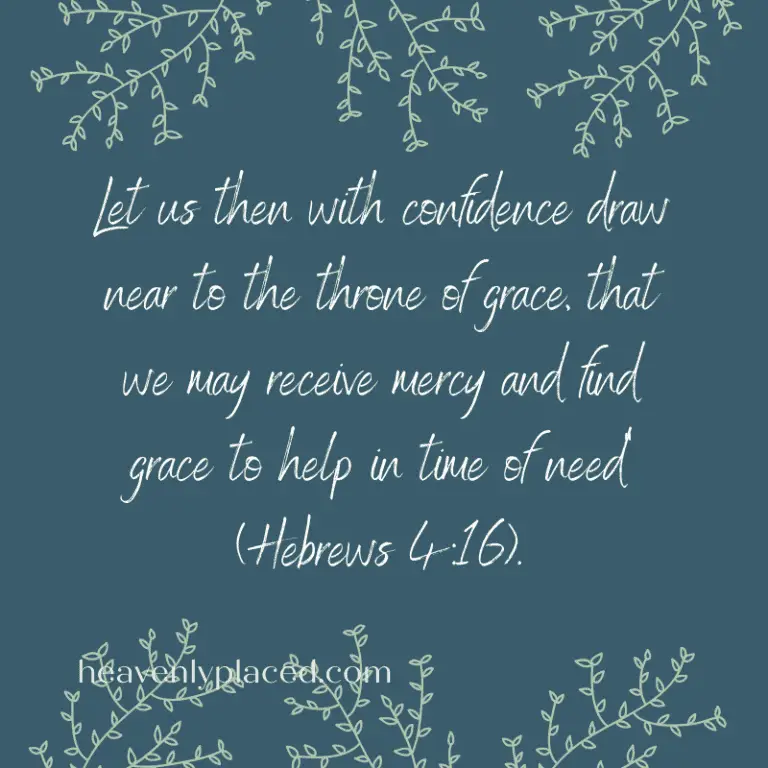The Posture Of Prayer
Therefore confess your sins to each other and pray for each other so that you may be healed. The prayer of a righteous person is powerful and effective. -James 5:16
When I get a call from a friend asking me to pray, I almost always pray immediately for two reasons:
1) If they took the time to ask, it must be important to them, so I treat it as a priority.
2) If I don’t take the time right then, I may forget afterward.
I made a decision a long time ago to trust the Word of God and accept the truth that “the prayer of a righteous person is powerful and effective,” James 5:16 (NIV). And with that decision came the responsibility to pray. Before you think I’m arrogant in calling myself righteous, it’s just plain truth. We who have accepted Christ as our Lord are already made righteous (2 Corinthians 5:21). No brag, just fact. (from an old TV show, The Guns of Will Sonnet)
The Bible is full of verses that encourage us to pray, how to pray when to pray, and what not to pray. But I wanted to take time and talk about three postures of prayer.
The Continuous Prayer
Every Christian prays. Whether you are making a conscious decision or not, we all do it. When we accept Christ’s gift of salvation, He sends the Holy Spirit into our temple (our body) to live. As the Holy Spirit lives and hopefully is allowed to flourish, He communes with the Father. That communication is prayer. Like breathing, it happens naturally.
You wake up in the morning, and the Father comes to your mind; you may whisper a prayer or silently offer up worship. As you start your day, you may praise Him for something you see or hear or know is coming. Or maybe on the way to run an errand, to a meeting, a class, or shopping, you silently ask God to be with you; to direct your path; or to guide your words, thoughts, or ideas.
Praying without ceasing (1 Thessalonians 5:17); it’s natural and continuous without any preparation on our part. It just happens.
The Consecrated Prayer
Sometimes as Christians, we get busy with life and miss out on the benefits of a consecrated prayer. This prayer is not natural like the continuous prayer. It doesn’t happen naturally but is a prayer that you take time out of your day to offer up to the heavenly Father. It’s a prayer that you do in secret (Matthew 6:6). It’s the time when you enter into your prayer closet, and you pour out your heart to the Lord. You mark it on your schedule for the morning, at lunch, or in the evening because you want to have a private worship time with the Creator of the Universe. Maybe you have a wayward child that you are lifting up, a habitual sin you are trying to conquer, or a devastating sickness you are trying to overcome. But the best thing about a prayer closet is that it’s just you and God. You can praise Him, shout out to Him, or silently sit and listen for Him to speak to you.
If you don’t have a consecrated prayer time, you miss out on blessings that God has available for you.
The Comprehensive Prayer
“Do not be anxious about anything, but in everything by prayer and supplication with thanksgiving let your requests be made known to God.” Philippians 4:6
You are in a continuous state of prayer because of your relationship with the Holy Spirit, and you take all your joyous and tragic thoughts and happenings into your closes and lay them at the Father’s feet. But you still have things to pray about. These are the prayers we offer up when we are with someone or alone, before a meal, bedtime, or church service. These requests are agreed upon in unity with friends (Mark 16:19). They are offered up in the congregation (Hebrews 2:12). And they are repeated over and over as we fully depend on the omnipotent authority of God to bring them to fruition.
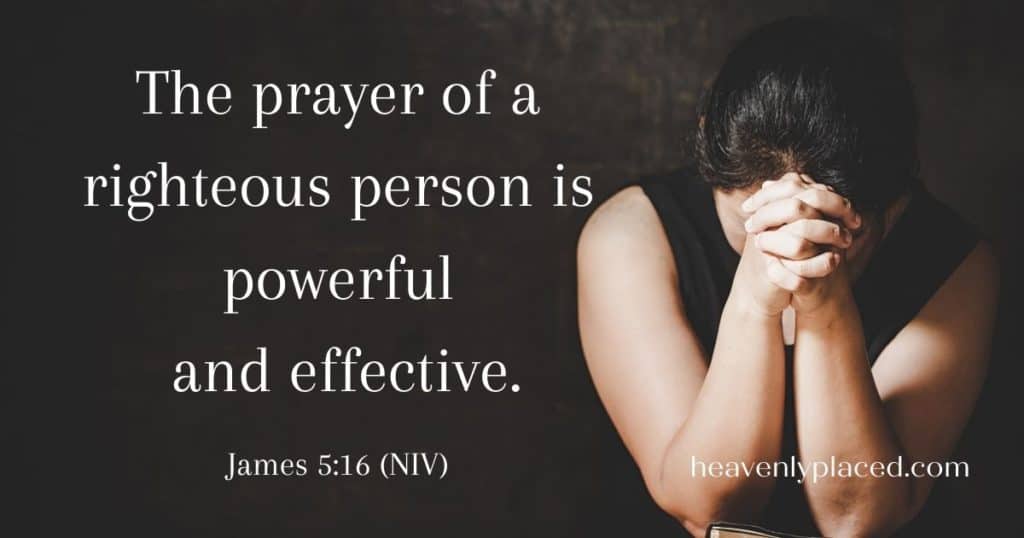
The posture of prayer is not important. Whether you stand, sit, kneel, walk, or drive while you’re praying is not the point. Prayer itself is essential to us as much as it is to God. We believe prayer can help guide us through tough times and give our lives meaning, which we need as human beings who crave connection, acceptance, love, and understanding.
What does prayer mean for you? Do you know how much power there really is behind those words, or do you look at it as a duty that has to be completed?
Leave a comment below and let me know if you have a physical “prayer closet,” or do you just find a corner where you can be by yourself?

